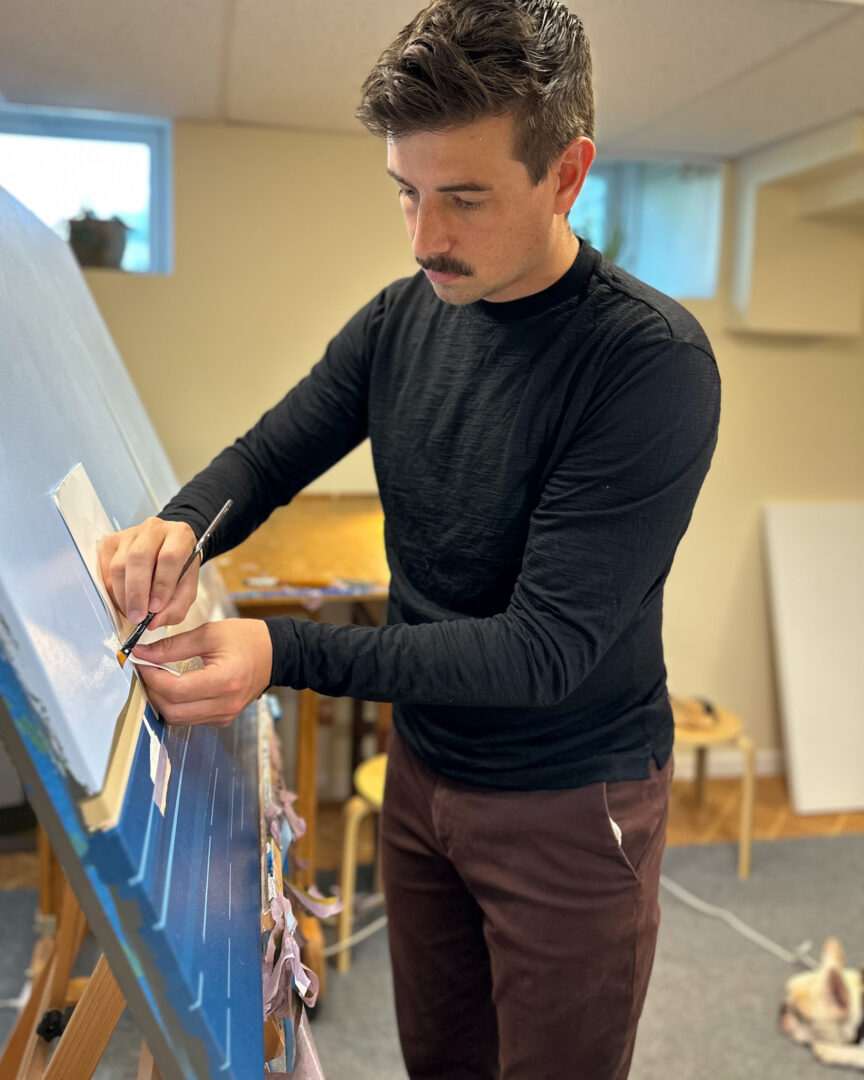We were lucky to catch up with Nicholas Roes recently and have shared our conversation below.
Nicholas, so excited to have you with us today. So much we can chat about, but one of the questions we are most interested in is how you have managed to keep your creativity alive.
Creativity has always felt like an intrinsic part of who I am, but the real challenge has been protecting the space it needs to thrive. I work full-time in marketing and manage freelance projects on the side, so by the end of the day, I have to make a deliberate choice to protect my own creative time.
The world is constantly asking for our attention — phones, social media, even the endless stream of podcasts we tell ourselves are “productive.” I’ve noticed that too much input, even good input, can quietly build tension in the background. It leaves very little mental space to think deeply or create freely. I’ve learned how important it is to step back, put the phone away, and let my mind settle. Stillness and peace feel like luxuries these days, but they’re what make my studio time truly productive.
When I give myself that quiet — no outside noise, no pressure to respond or consume — that’s when the ideas start to flow again. Protecting that space isn’t always easy, but it’s essential. Creativity needs room to breathe.
I’m fortunate to have built strong relationships with galleries and interior designers who keep my art moving and in front of new audiences. Those collaborations keep me motivated and accountable, but the work itself still depends on carving out quiet time — uninterrupted hours where I can really listen to my own thoughts. That balance between discipline and stillness, connection and solitude, is what keeps my creativity alive.
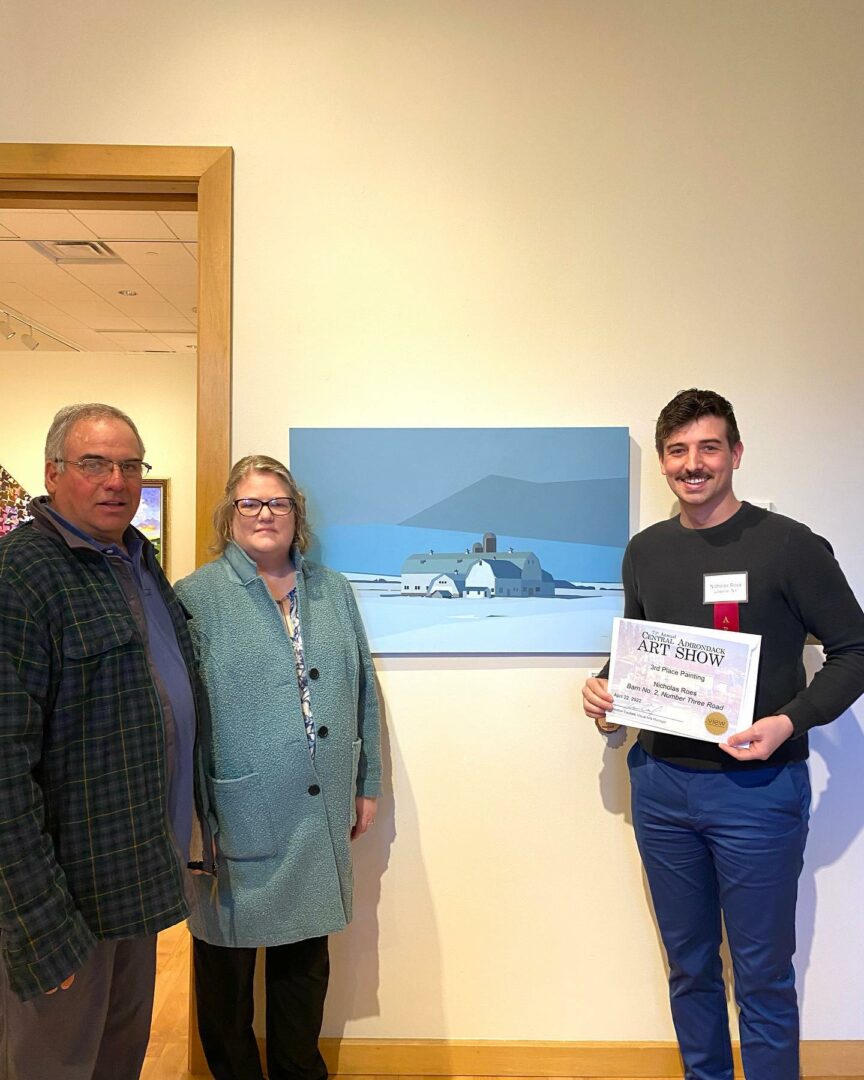
Thanks for sharing that. So, before we get any further into our conversation, can you tell our readers a bit about yourself and what you’re working on?
At the core of everything I do are a few simple values: authenticity, craftsmanship, and connection. Whether I’m developing marketing content or creating artwork, I care deeply about telling genuine stories and making things that last. Creativity, for me, has always been about honesty — the intention behind what’s made, and the care that goes into it.
I never really imagined myself as a “cubicle person,” but working in marketing has given me a different perspective on creativity and collaboration. The reality of being part of a larger company — interfacing with clients, vendors, and other departments — is that it teaches you how to communicate, compromise, and work toward shared goals. There’s real meaning in creating experiences that connect with people, whether that’s through a product, a meal, or a story. That sense of collaboration has made my work more thoughtful and more strategic.
At the same time, I’ve been fortunate to build a career as a professional artist. I exhibit each spring at the Kennedy Gallery in Portsmouth, New Hampshire, with Wendy Clement, and in the fall at International Art Acquisitions in Rochester, New York, with Barbara Nino. Both have been instrumental in helping me grow as an artist and find collectors who value authenticity and craftsmanship. They’ve built platforms that support artists while enriching regional arts culture — something that’s increasingly rare and deeply important.
Being an artist today is nuanced. Many of us balance full-time work with studio practice. It isn’t always easy, but it offers a certain freedom — the ability to approach art-making methodically, to take creative risks without the pressure of survival shaping every decision. Having stable work allows me to be more intentional, to focus on quality, and to create artwork that feels informed, well-built, and enduring.
For me, the goal isn’t just self-sustainability as an artist, but creating real value — work that contributes to a broader sense of culture and place. Whether through marketing or painting, I want what I make to feel human, honest, and built to last.
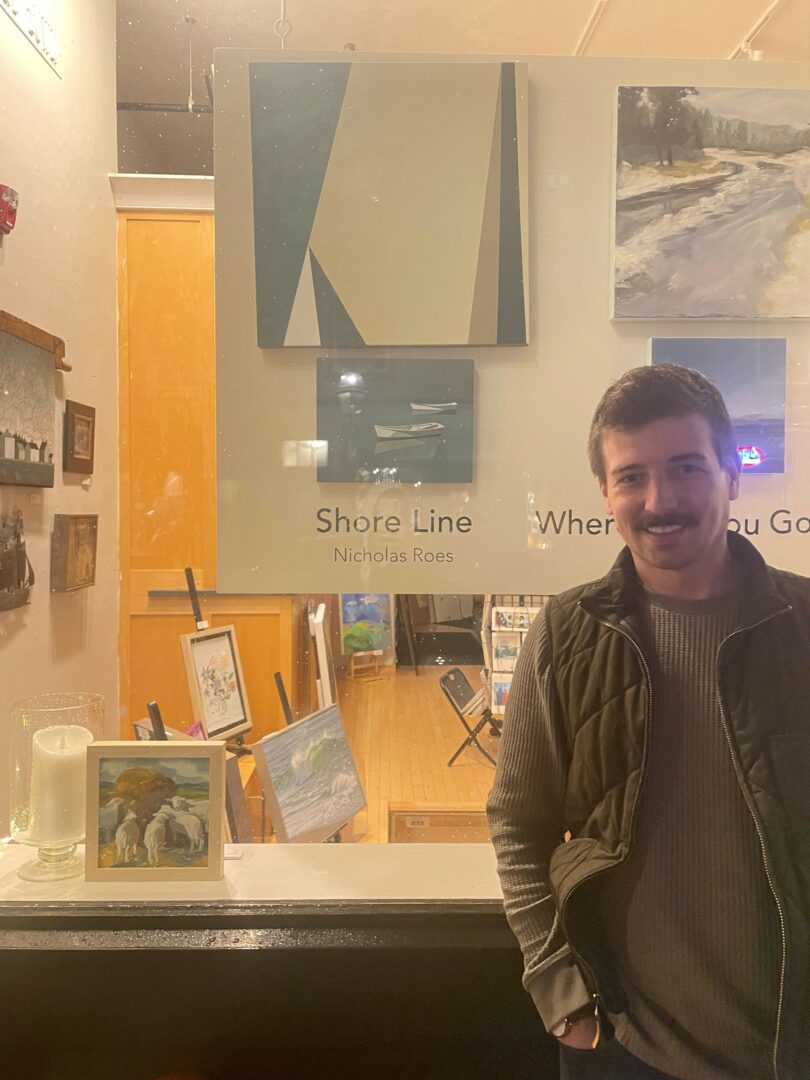
There is so much advice out there about all the different skills and qualities folks need to develop in order to succeed in today’s highly competitive environment and often it can feel overwhelming. So, if we had to break it down to just the three that matter most, which three skills or qualities would you focus on?
Looking back, the three qualities that have made the biggest impact in my journey are adaptability, consistency, and curiosity.
Adaptability has been essential. My path has shifted from art education to marketing to professional art, and each transition required a willingness to learn new systems and ways of thinking. The creative field changes quickly, and being open to that change keeps you relevant. For anyone just starting out, my advice is to say yes to opportunities that might not look perfect on paper—you often learn the most when you’re slightly outside your comfort zone.
Consistency is what keeps ideas alive long enough to turn into something meaningful. Whether it’s showing up to paint after a full workday or keeping up with evolving marketing trends, the discipline to keep creating matters more than bursts of inspiration. Early in your career, develop small, sustainable habits that keep you engaged—creativity is a muscle that strengthens through use.
Curiosity has been my constant guide. It’s what helps me connect my marketing work, my art, and my sense of purpose. Staying curious about how people see, think, and respond to what you make keeps your work human. My advice is to stay a student—learn from your peers, your clients, and even your mistakes. Curiosity keeps your work evolving, and that evolution is what builds a career.
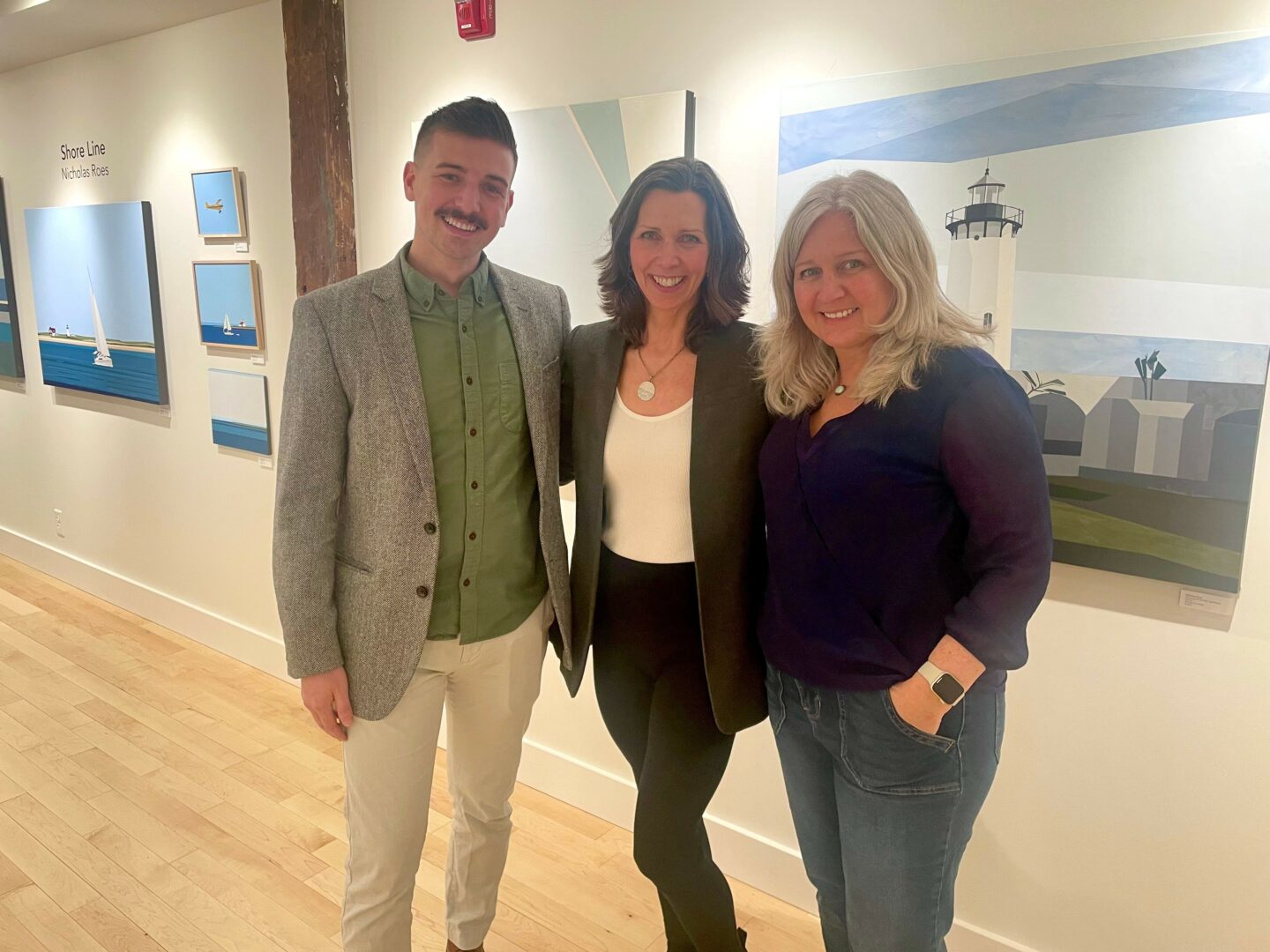
Before we go, maybe you can tell us a bit about your parents and what you feel was the most impactful thing they did for you?
The most impactful thing my parents did for me was give me freedom — the kind that comes from quiet confidence rather than control. I grew up in a Mennonite family where community, humility, and hard work were central values. It’s a culture that emphasizes service over status and action over words. Those lessons shaped how I see the world — to value integrity, to work with purpose, and to find meaning in the quality of what you create.
In many traditional communities, it’s easy to feel that the world outside exists at a distance, but my parents encouraged curiosity. They supported my desire to learn, explore, and build a life that looked different from the one they knew. When I left home boldly at 18 for college a state over, they let me go without hesitation, trusting that I’d find my own way. That quiet trust made all the difference.
My twenties, though, were humbling. My degree didn’t lead to the stability I’d hoped for, and teaching — the career I trained for — became increasingly difficult to sustain. Like many people in their twenties, I carried the weight of student loans and uncertainty, and there were moments when I felt like I’d fallen behind. But through all of that, my parents — and my cousins, who I lived with for a time — never pushed or judged. They gave me space to figure things out. That kind of support isn’t loud, but it’s deeply powerful. It gave me the confidence to rebuild, knowing that even when life feels uncertain, you’re not doing it alone.
That lesson has stayed with me. During the pandemic, I moved back to my hometown and worked locally for a while. When it came time to move on, my dad offered me a job running heavy machinery for the family business — completely outside my comfort zone. I asked if he thought I could do it, and he said, “What, you don’t think you can?” That moment summed up everything I’d learned from him: that belief and accountability go hand in hand. Real support isn’t about control or rescue — it’s about respect, trust, and giving people the space to grow into who they’re meant to be.
Contact Info:
- Website: https://www.nicholasroes.com
- Instagram: nicholas_roes
- Facebook: https://www.facebook.com/NicholasRoes1
- Linkedin: https://www.linkedin.com/in/nicholas-roes-3aab3066/
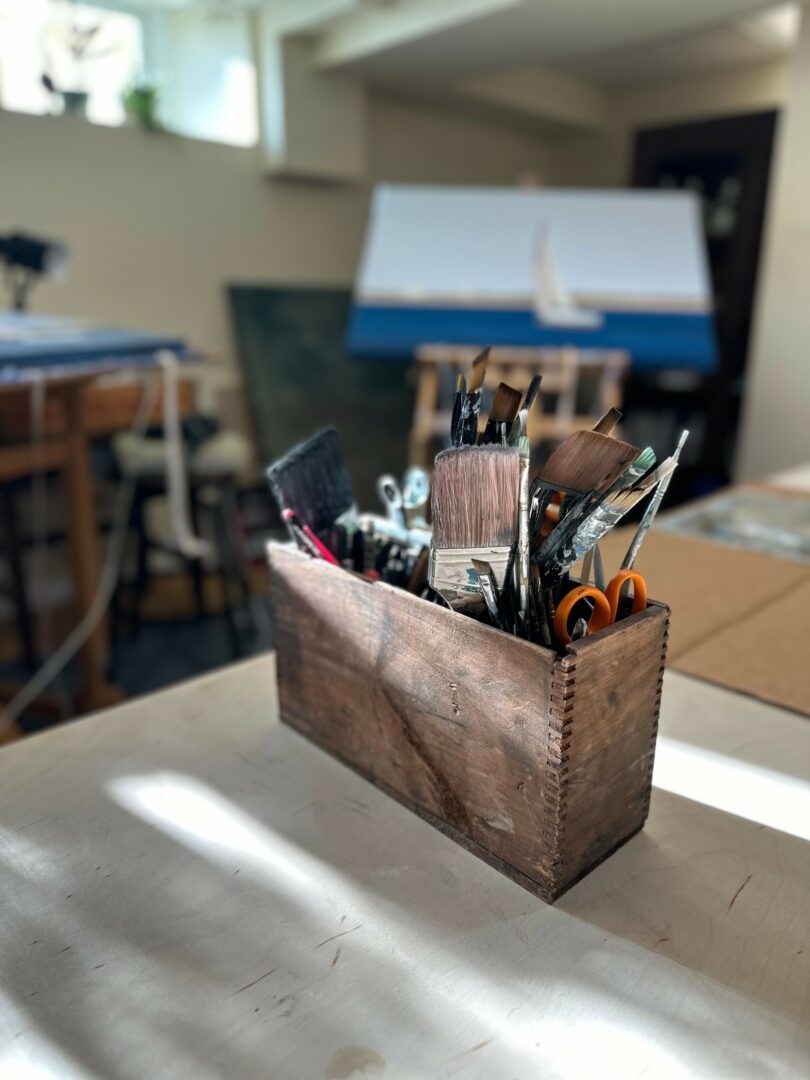
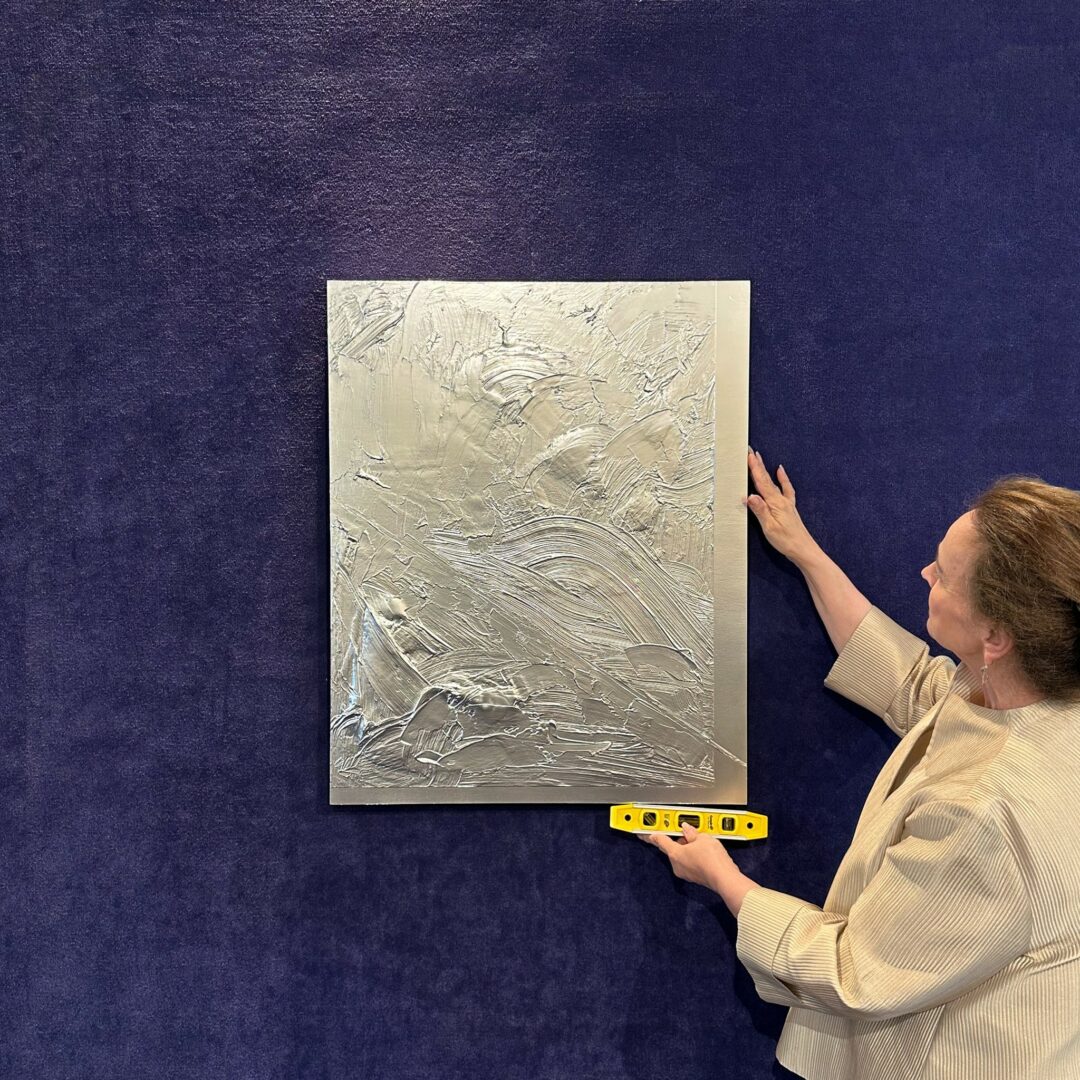
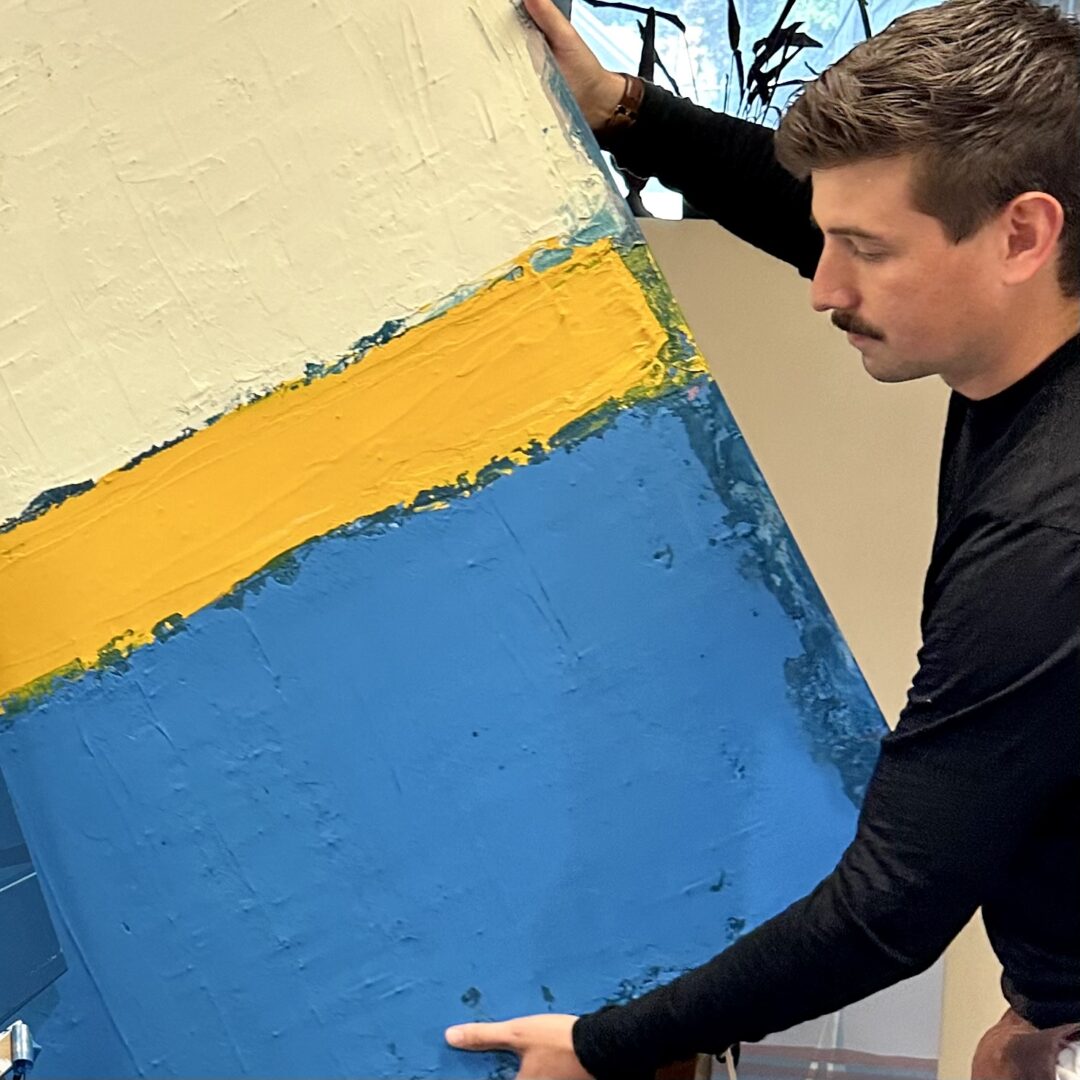

so if you or someone you know deserves recognition please let us know here.

